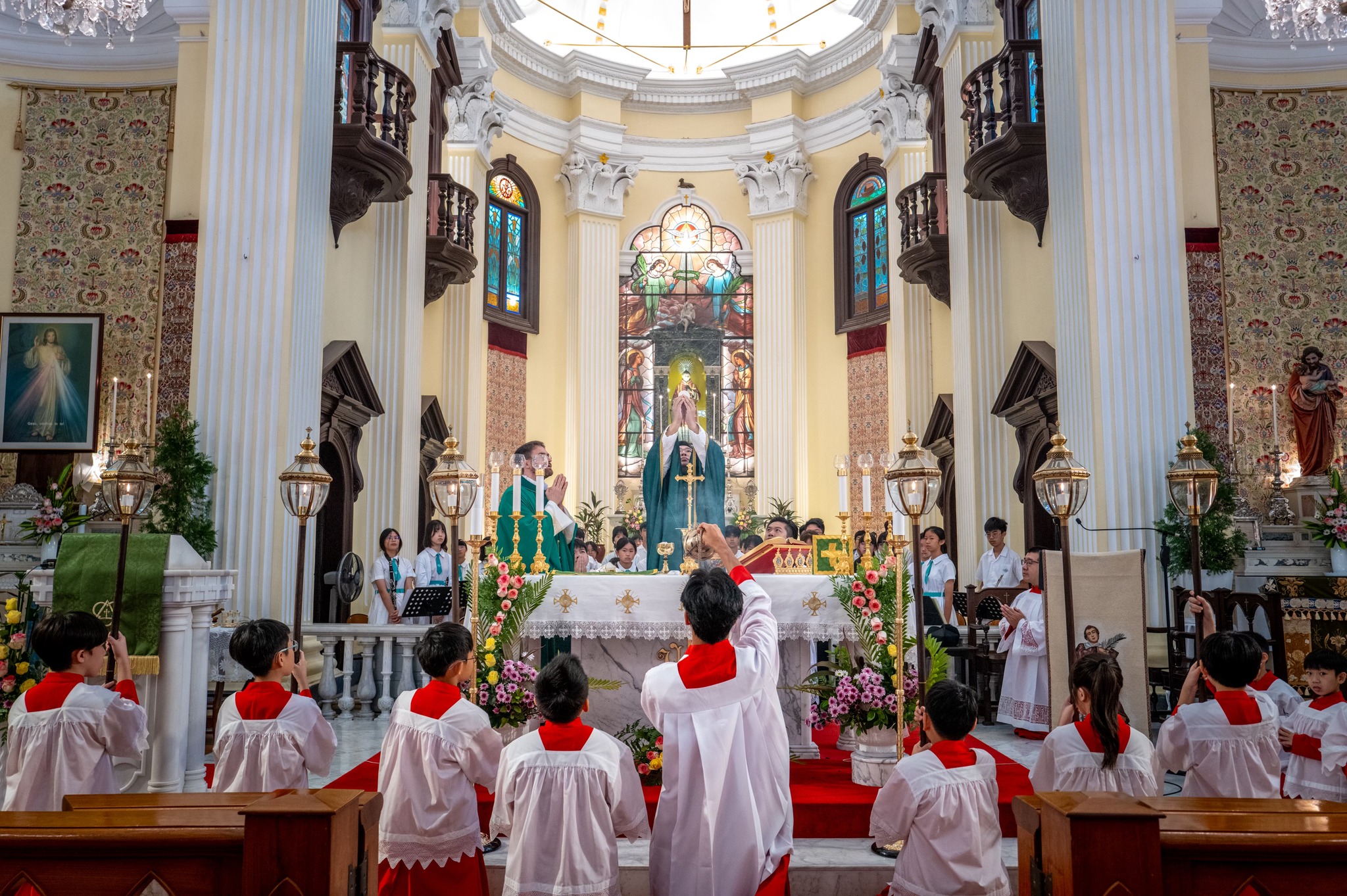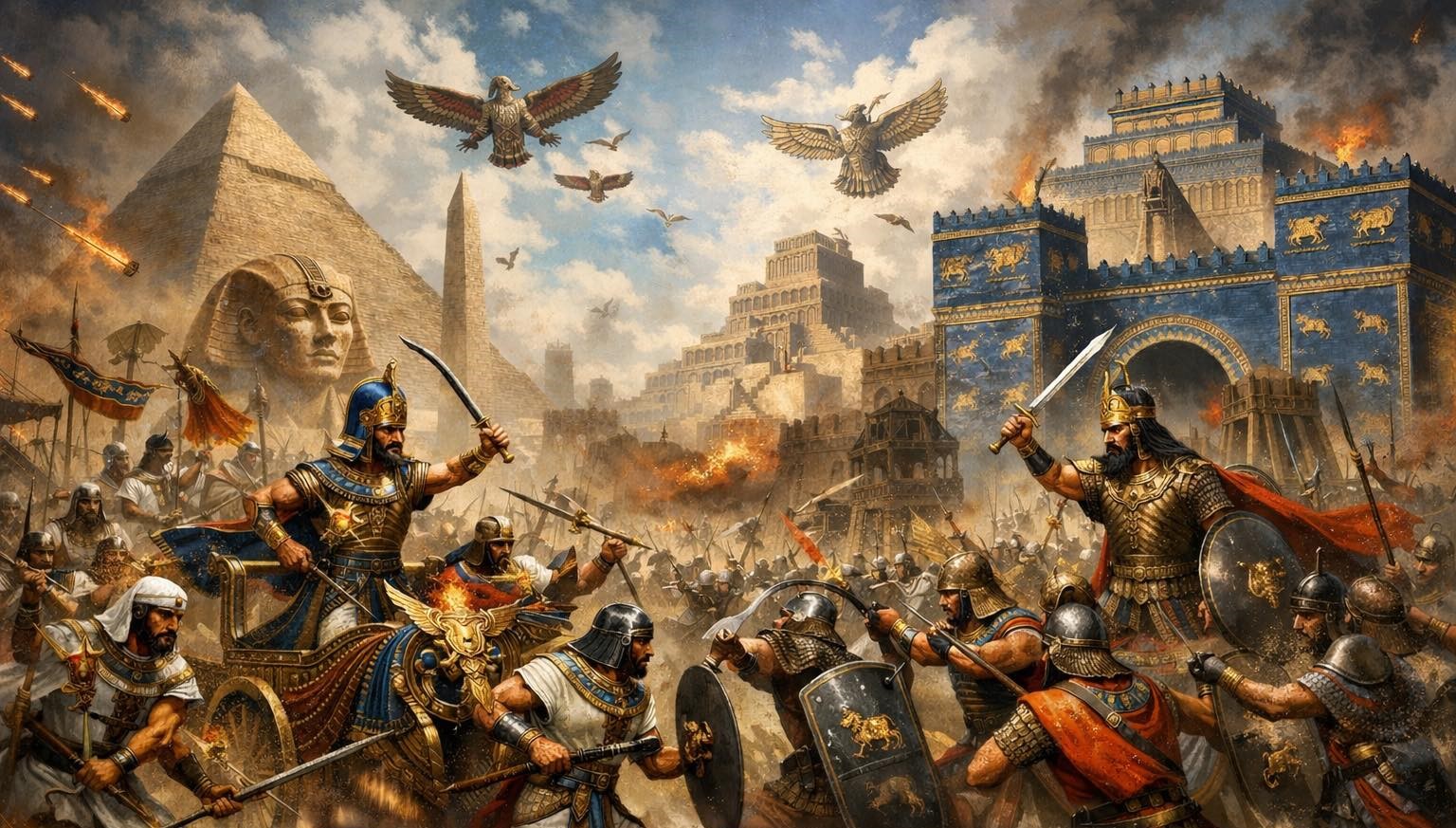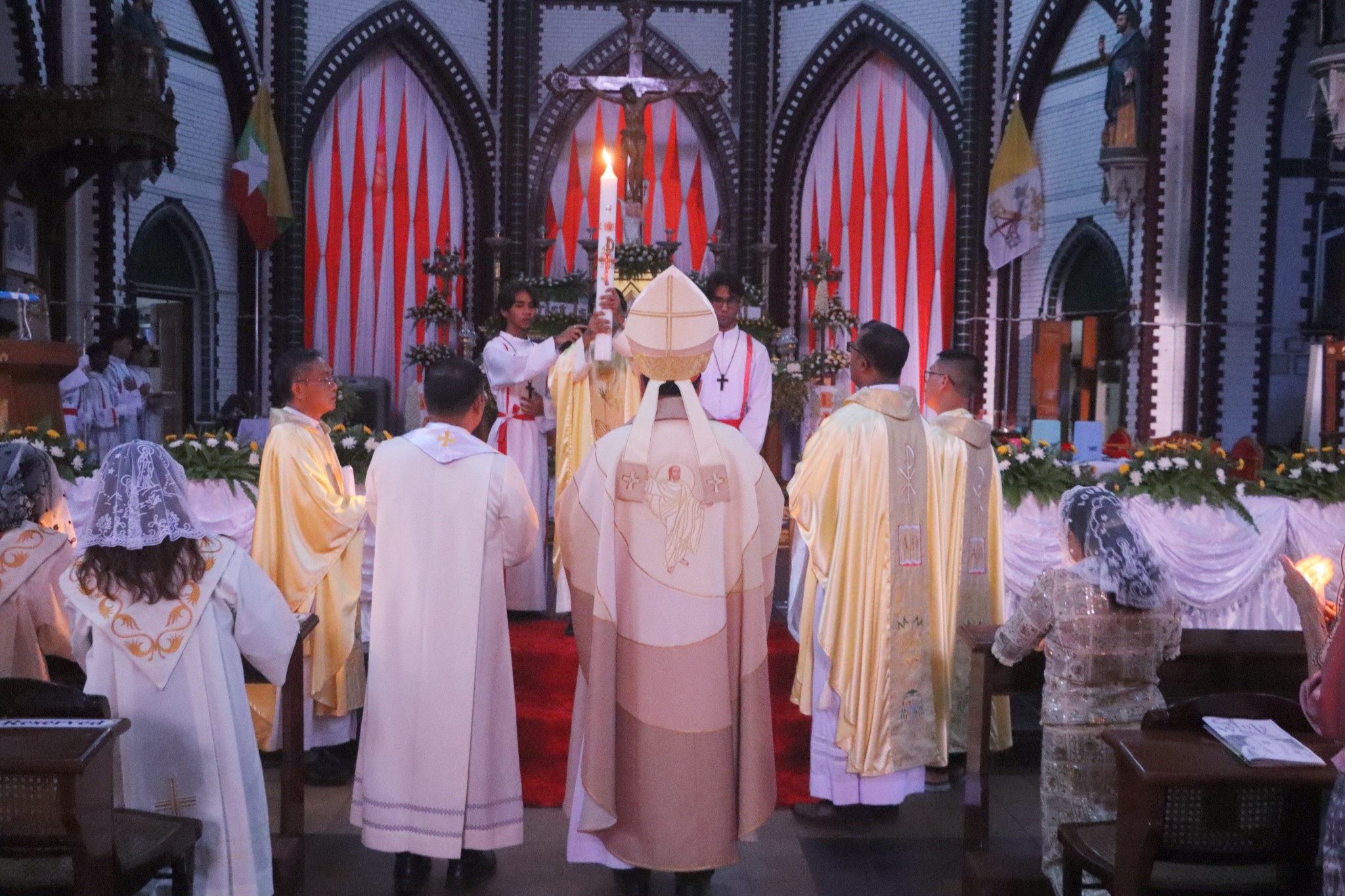– Aurelio Porfiri
In our journey through the Psalms, we learned many things, thanks to very insightful thinking coming from the most important mind in Christian history.
We saw how the Psalms are so deeply present in the history of the Jews, how they were cherished by Jesus himself, quoting often from this great collection.
Then we have seen how Saint Athanasius in the 4th century reminded us why was it so important to sing the Psalms. “This is chiefly for two reasons. In the first place, it is fitting that the sacred writings should praise God in poetry as well as prose, because the freer, less restricted form of verse, in which the Psalms, together with the Canticles and Odes are cast, ensures that by them men should express their love to God with all the strength and power they possess. And, secondly, the reason lies in the unifying effect, which chanting the Psalms has upon the singer. For to sing the Psalms demands such concentration of a man’s whole being on them that, in doing it, his usual disharmony of mind and corresponding bodily confusion is resolved, just as the notes of several flutes are brought by harmony to one effect…”
And then we go to Saint Augustine, another great commentator on this glorious collection, who has also given us excellent material to meditate on the Psalms. “We are urged to sing a new song to the Lord, as new men who have learned a new song. A song is a thing of joy; more profoundly, it is a thing of love. Anyone, therefore, who has learned to love the new life has learned to sing a new song, and the new song reminds us of our new life. The new man, the new song, the new covenant, all belong to the one kingdom of God, and so the new man will sing a new song and will belong to the new covenant…”
Then, we devoted some attention to Saint Alphonsus Liguori: “Each one then, just as he thinks about it, understands how much are the psalms filled with divine lights, of holy documents, fervent prayers and special prophecies especially about the human redemption operated by Jesus Christ.”
And then to two more modern thinkers, C.S.Lewis: “What must be said, however, is that the Psalms are poems, and poems intended to be sung; not doctrinal treatises, nor even sermons” and then to Divo Barsotti: “If the Psalter is the word of man, really there is no book that better describes the misery, but also the drama, the tragedy of human life.” Wow, I think this is really strong…and true. The Psalms are not giving us a consoling receipt for our prayers, but they go deep in what the life is, a drama where there are the forces of good and evil that battle each other. We often want to see religion only as a consolatory element in our life, and certainly there is also consolation. But the Psalms tell us that religion can console us only when we accept life for what it is, and they offer a dramatic representation of the battle I mentioned above, they talk to us of the struggle, the joy, the tragedy, the praise, and all range of emotions and feelings that we may go through in our earthly existence.” I want to mention a few examples from the previous chapters, that for me were very important to show how the whole of Christian history has devoted to the Psalms the greatest attention. And we are not only speaking of Jews or Catholics, but really everyone concerned with the Bible. Psalms are at the core of our life of prayer.
Saying that, we must recognize that they are relevant today as they were yesterday. We should study them better, with more care and more attention, but we cannot avoid dealing with them. I am often very suspicious when I hear of new collection of prayers called “new Psalms” or similar. I am not saying that we should not have modern prayers, but to say “new Psalms” is really misleading, because you don’t need “new Psalms” when the original collection is for men and women of all times. We may have new prayers, as I have said, that is fine, but the Psalms do not need additions, they need to be understood and studied with more attention and with more care. And this is what I am trying to do here, to offer more insight on the Psalms so that everyone can enjoy praying with this great collection and give it the place that it deserves. For this reason, after having heard some of the “old masters” that have given us some insights on the Psalms, I want to hear also from few modern scholars, because Psalms, as should be expected due to their importance, are always at the center of studies to understand them better and also to translate them better. Because the issue of translation, that we have touched previously too, is certainly not a secondary issue. When you translate something from one language to another, there is something you are losing. I will cite the use of the word “incredible,” as an example that an American says to appreciate something, but that cannot be translated with its equivalent in Italian because in my language the meaning is too strong and is reserved only for very special things and events. There are countless examples of this kind. You can imagine what it means to translate from ancient languages.
Professor David A. Bosworth earned a PhD in Biblical studies at the Catholic University of America in 2003. Being a Catholic, he specialized in Hebrew narratives and poetry, on the theme of violence in the Old Testament and in ancient languages like Akkadian and Ugaritic. He also devoted some studies on King David, to whom the compositions of many of the Psalms are ascribed, if not all. So I asked him a few questions about the Psalms.
Why you have decided to study the narrative quality of the Old Testament?
I initially studied Old Testament narrative because I had become interested in how stories work, how they engage us and affect us.
How do the Psalms narrate, what are the strategies they use?
Many psalms have only a loose narrative structure and are vague and generic about the context of the speaker. As a result, they can be endlessly ‘recycled’ or reused by many different people in a wide variety of different circumstances. Although the overall context is vague, psalms often use specific and colorful imagery to describe emotion. The combination of vivid poetry and openness to personal appropriation makes the psalms a treasury of prayer for many people.
Most of us read the Psalms in translations. What is the most important part we are losing from the original language?
Something is always lost in translation. Anyone who knows two languages can appreciate what is lost by translating a poem from one language into another. Who would want to read Shakespeare in Spanish if they could read him in English? Words in a language have a range of meanings and associations that do not map into another language.
Is there is any modern poetry that you would consider similar to the one of the Psalms?
Most modern poetry strikes me different from the psalms. Modern poets tend to be very specific where psalmists seek to be vague and allusive.
C.S. Lewis gave us this nice quote from his book on the Psalms: “The most valuable thing the Psalms do for me is to express the same delight in God which made David dance.” Just a nice phrase or is there truth in it?
There is some truth in it for some people. Identifying ‘the most valuable’ thing about the psalms is as subjective as locating a favorite psalm.
You devote some studies to the “author” of the Psalms, King David?
Many psalms were attributed to David because he is mentioned as a singer and composer when he is first introduced in Scripture and he performs the lament for Jonathan, in 2 Samuel. He therefore became a famous personality to whom psalms could be attributed, especially psalms of individual lament. He founded the dynasty that gave rise to messianic expectation, conquered Jerusalem and made plans to build the temple. He was militarily successful and God promised him that his dynasty would never fail, which led to the hope in a messiah after the fall of Jerusalem. David is constantly remembered as the first and best king of Israel whose example gives hope for a glorious future.


 Follow
Follow


